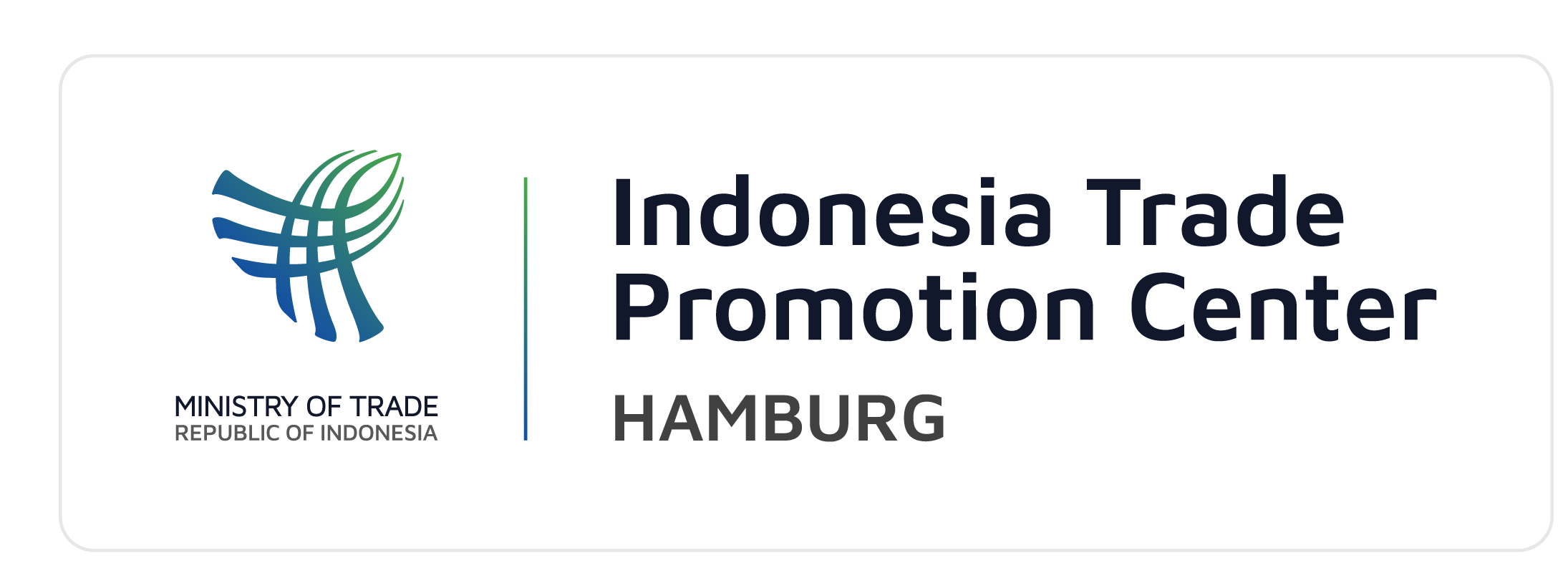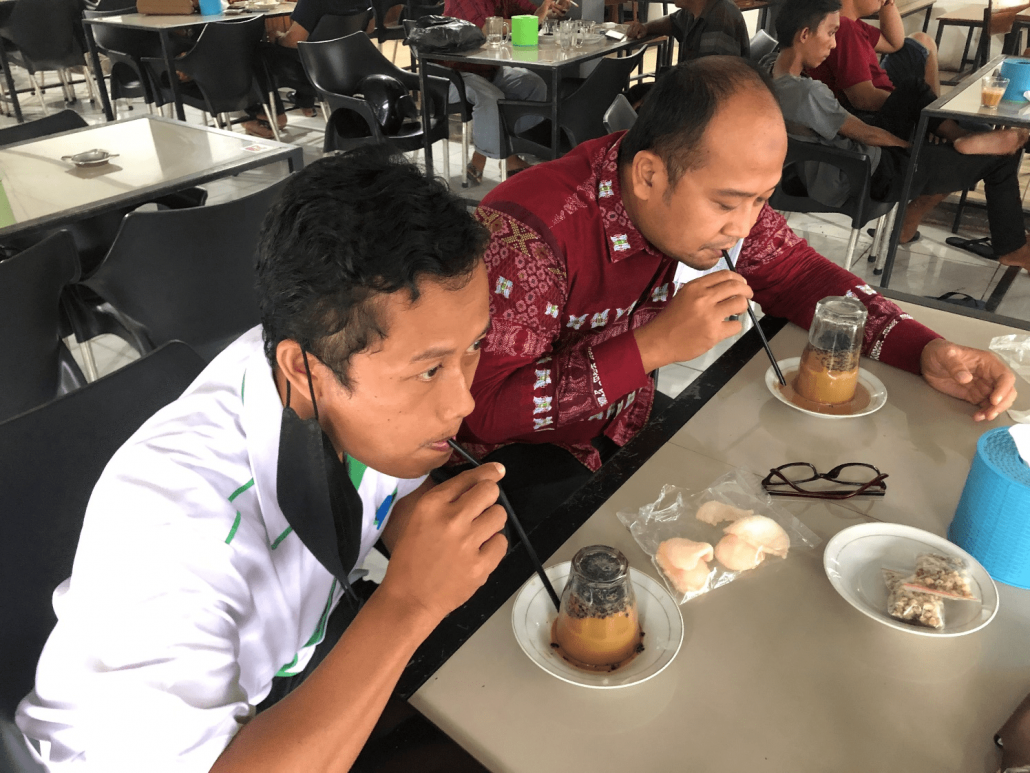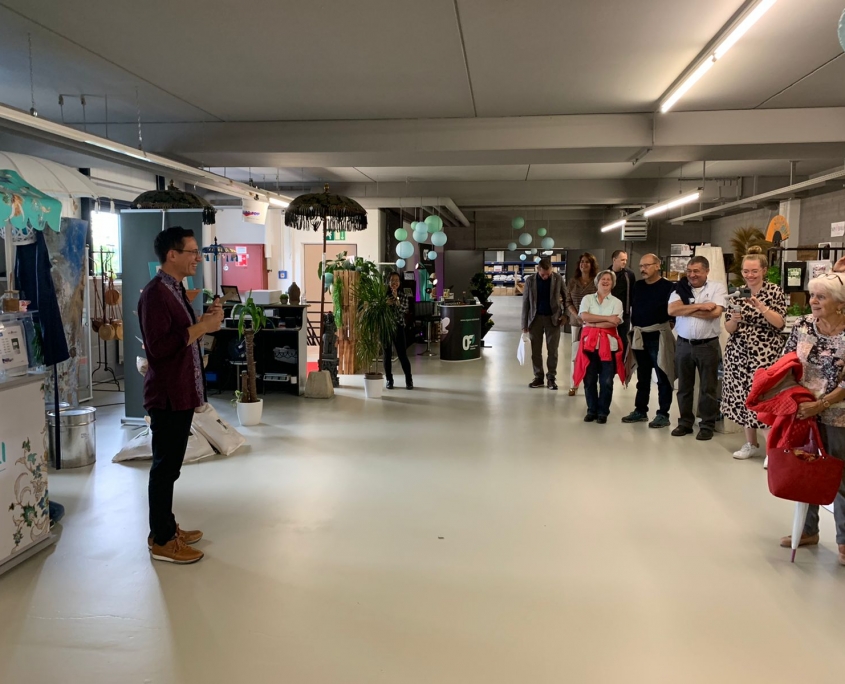Indonesia is an island country that has more than 17 thousand islands and has a total area of approximately 1.9 million km². The largest islands in Indonesia are Sumatra, Java, Kalimantan, Sulawesi, and Papua. Each island of Indonesia has a different culture and language, as well as the coffee in Indonesia. Each coffee in Indonesia has a different flavors and different ways to enjoy the coffee.
How much is Indonesia producing coffee?
Based on a report by Indonesia’s Central Bureau of Statistics (BPS), Indonesia’s coffee production is expected to reach nearly 795 thousand tonnes in 2022, reflecting a 24.21% increase from 2015 when coffee production was nearly 640 thousand tonnes. In 2022, South Sumatra emerged as the largest coffee-producing province, contributing a total production of up to 212.4 thousand tonnes or 26.72% of the total national production
How many types of coffee are there in Indonesia?
Single origin is used for coffee cultivated from a particular region. The term single origin is used to recognize the coffee character of each region. Here are some single-origin coffee from Indonesia and sorted according to major islands in Indonesia (source: Indonesian Consulate General in Chicago):
Sumatra
- Aceh Gayo
- Sidikalang
- Samosir
- Smalungun
- Lintong
- Mandehling
Java
- Java Preanger
- Ciwidey
- Puntang
- Sindoro Sumbing
- Temanggung
- Jampit
- Ijen Raung
Bali & NTT
- Pupuan
- Kintamani
- Tambora
- Wae Rebo
- Bajawa
- Sokoria
Kalimantan
- Kubu Raya
- Kota Waringin
Sulawesi
- Pinogu
- Benteng Alla
- Toraja
- Enrekang
Papua
- Nabire
- Dogiyai
- Cartenz
- Baliem Valley (Wamena)s
How Indonesian served their coffee
Typically in Indonesia coffee can be enjoyed by brewing and usually coffee is enjoyed in the morning or afternoon. However, in Aceh and Yogyakarta, coffee is served in an unusual and unique method. The method of drinking makes a special attraction for coffee lovers who want to try enjoying coffee in a different way
- Kopi Khop
Coffee is brewed and poured into a cup, which is then inverted and placed on a large plate. The coffee will be served with a straw, this straw is used to blow air slowly in the glass, so that the coffee can flow into the plate. Kopi Terbalik or Kopi Khop this way of drinking coffee originated in Aceh, Meulaboh City to be precise. Historically, Kopi Khop was deliberately served upside down because fishermen on the west coast of Aceh wanted their coffee to stay safe from the waves while at sea and allow the coffee to stay clean from dust and the coffee to stay warm.
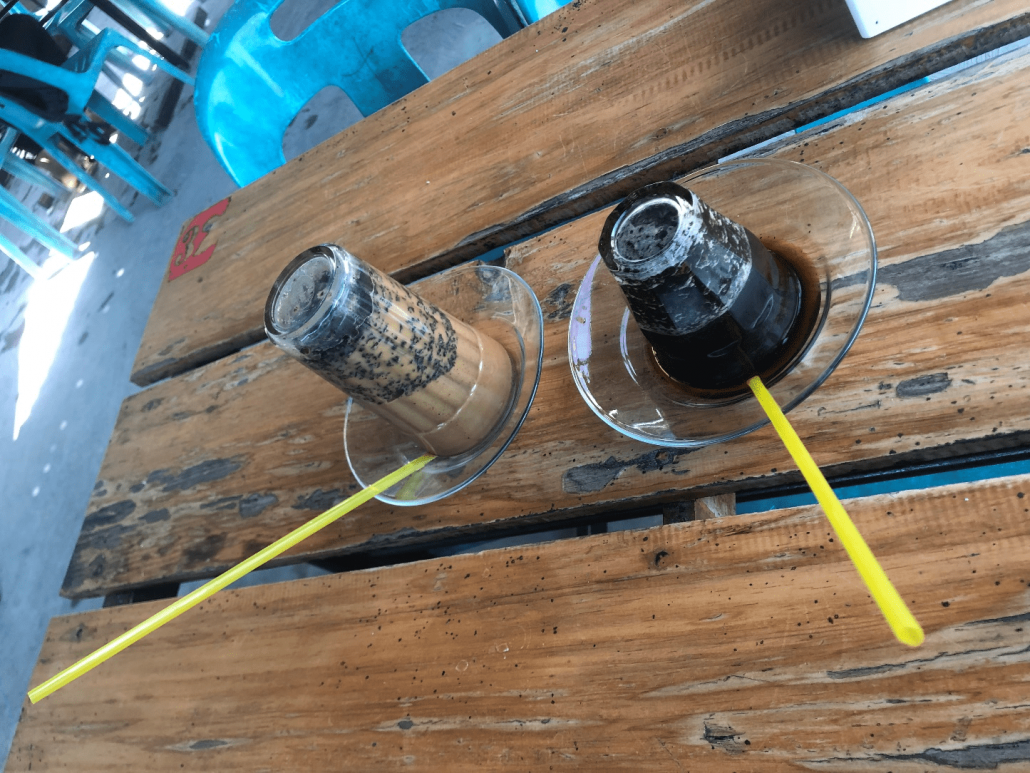
Source: The Ministry of Finance of Republic of Indonesia
- Kopi Joss
Kopi Joss originated in Yogyakarta. This coffee is served with charcoal added directly into the brewed coffee cup. The addition of charcoal is believed to have health benefits and can neutralize acidity and give a subtle caramel flavor to the drink. Reporting from the Visiting Jogja page managed by the DIY Tourism Office. This drink appeared in 1968 and was served by a local street food seller named Lik Man. The unique presentation makes this Jogja specialty coffee drink very famous in Indonesia.
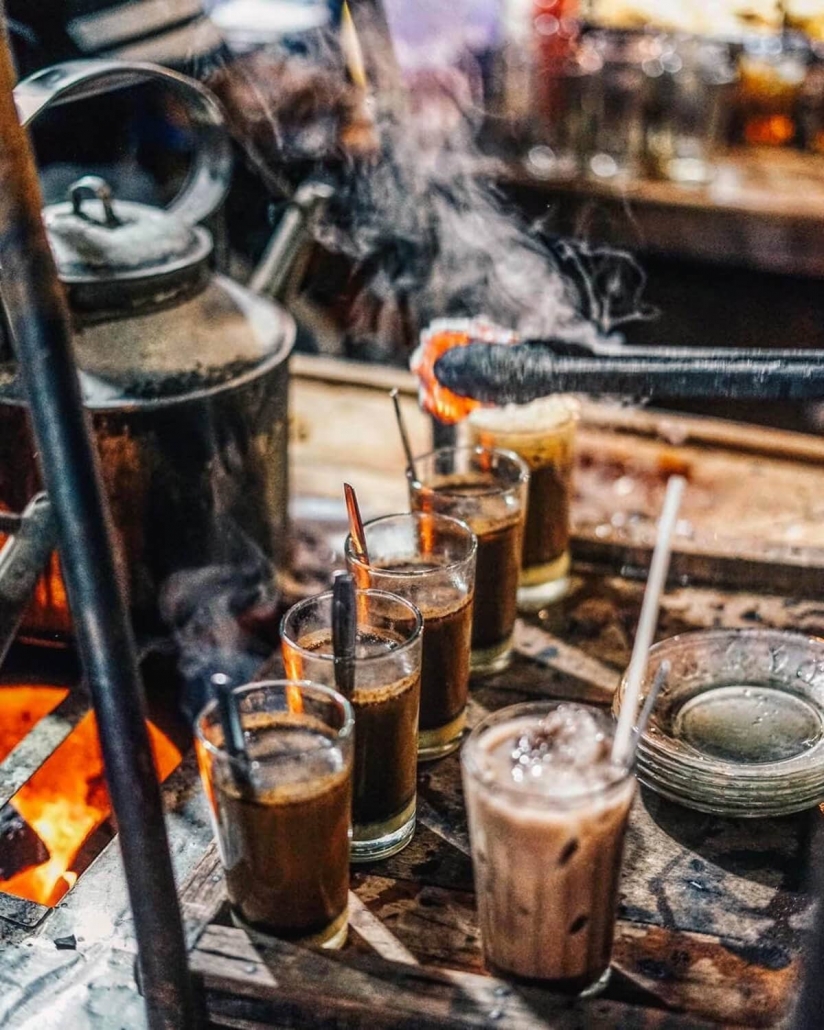
Source: Wonderful Indonesia
How do we connect with Coffee exporters from Indonesia
ITPC Hamburg is the representative of the Indonesian Ministry of Trade in Germany. Our job is to promote Indonesian products in Germany and help you to work with Indonesian exporters and our services are free of charge. If you are Importer from Germany and interested in buying coffee or other products from Indonesia you can contact us and we will be happy to assist you.
